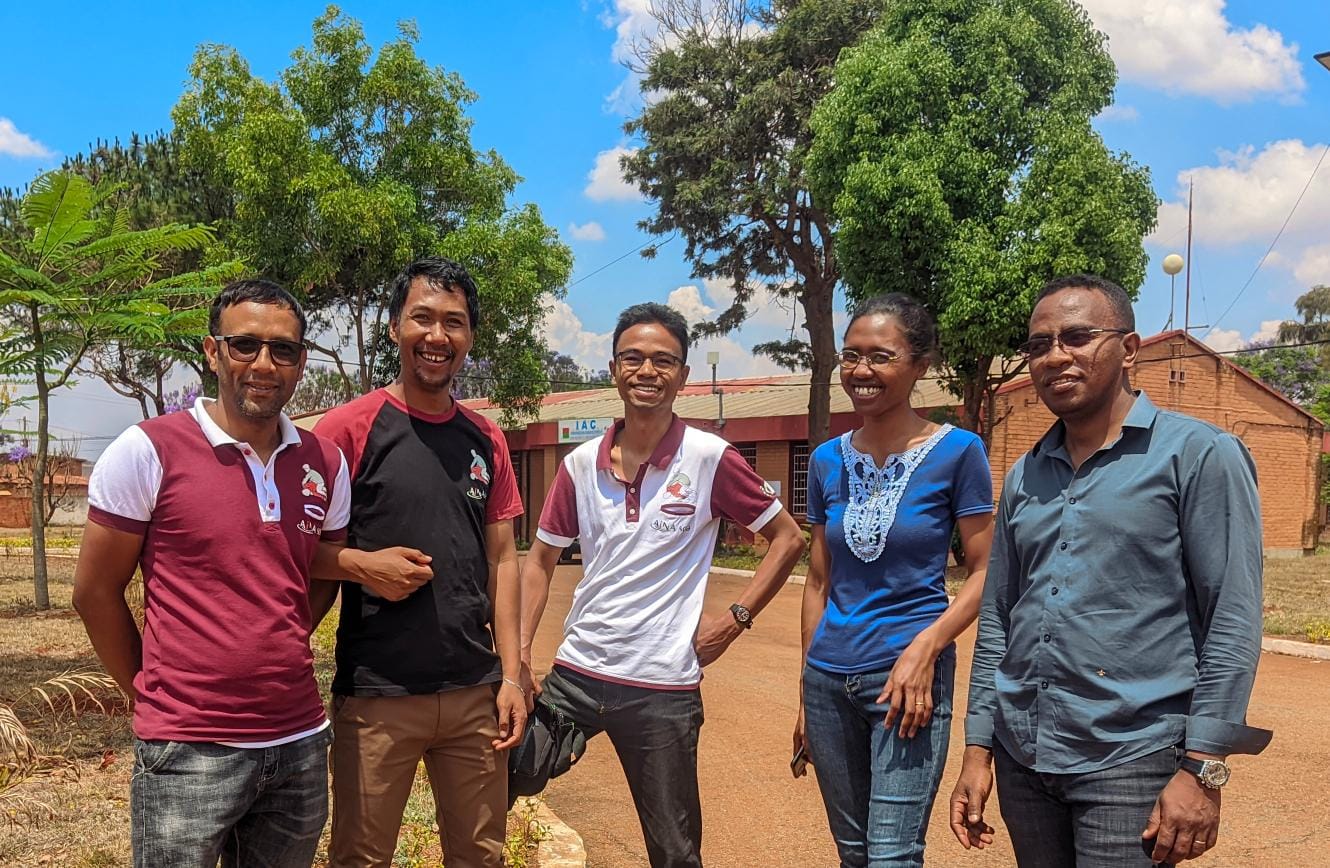Where Caesar conquered territories, we open minds. Our battle is not fought with swords or borders, but with gestures and humanity. Our victory is to transform each participant into a confident, clear-headed, and effective first responder — and to meet their expectations, for it is these expectations that give true meaning to our mission.
In this post, I’d like to share a few stories from our participants. They may not be spectacular, but they are real — and for us, each one is a victory.
There are participants who come to learn… and discover what they didn’t know
Many arrive with a simple goal: “I want to learn first aid.” But real learning begins when you admit and accept that you don’t yet know.
I think of Rado, a young father. On the second day of his training session, he came back deeply moved. The evening before, he had shared what he’d learned with his wife. During dinner, their little boy choked on a piece of meat. Rado froze in fear and couldn’t move…
But his wife — to whom he had just taught the lifesaving steps — reacted and saved their child.
That morning, he told us: «I had the fright of my life, but now I know how to respond.”
This story reminds us that first aid doesn’t end in the classroom, it continues at home, around the table, in everyday life.
Those who come to understand and to heal
Others come because they have known helplessness or pain, and don’t want to feel it again.
I remember Mamy, a great guy and a staff member of an international organization. He showed us his arm, still misshapen from a poorly treated fracture. He said: “If only I had known that a simple stick and a piece of cloth could have spared me this…”
He followed the training with rare focus. You could feel that he wanted to fix something, in his own way.
And then there’s Johanna, a young woman who once experienced a hypoglycemic episode. One morning, while out for a run, everything suddenly went black — she lost her vision for a few moments. A single piece of candy saved her. But what brought her to us was her desire to understand what had happened to her, and how she could help someone else in the same situation.
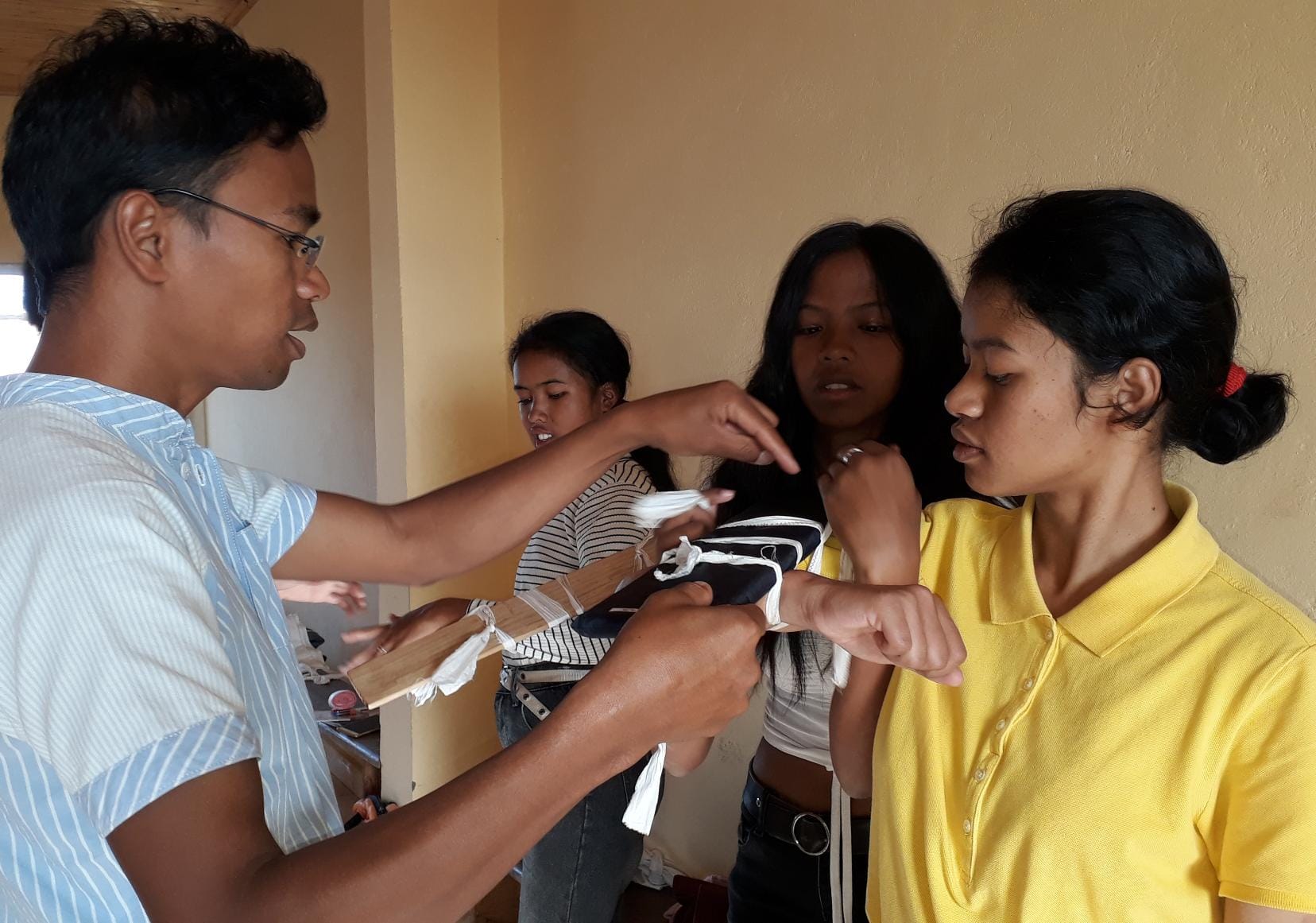
That situation, too, is what first aid is about: understanding, so we can better prevent.
Those who simply want to help
Some come out of pure altruism. They seek no certificate, no recognition. They just want to be useful.
I remember Linga, a young man from Vangaindrano, in southeastern Madagascar, who successfully performed CPR in his village. He now serves as one of the newly trained first aid instructors in the region, thanks to AiNA soa’s program
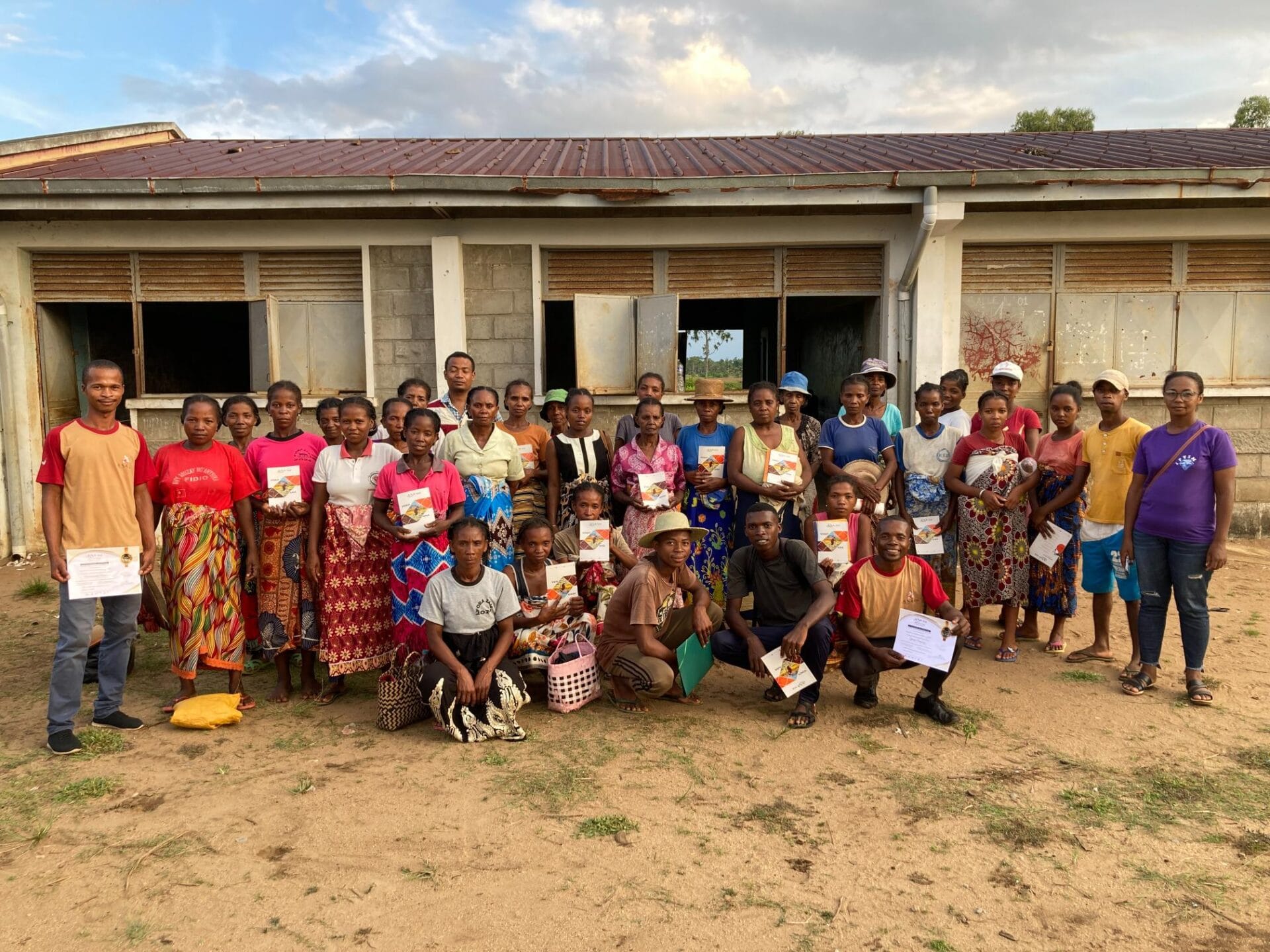
And then there was another participant who traveled 60 kilometers from Mananjary — also in southeastern Madagascar — just to take part in our training. The very next day, on his way home, he helped an injured person on the road. Later, he proudly sent us a message: the training had already saved a life.
Stories like these are the greatest form of thanks we could ever receive.
Those who face the harsh realities of the field
Some participants live in contexts where helping others can also be dangerous.
One of them, from the Androy region, once told us how he narrowly escaped death. He had tried to resuscitate a villager who had collapsed. Despite his efforts, the person did not survive. When he broke the news to the family, one of the relatives, overcome by grief, tried to attack him with a machete.
During the training, he asked us a simple but powerful question: “How can I talk to families to avoid this kind of situation?”
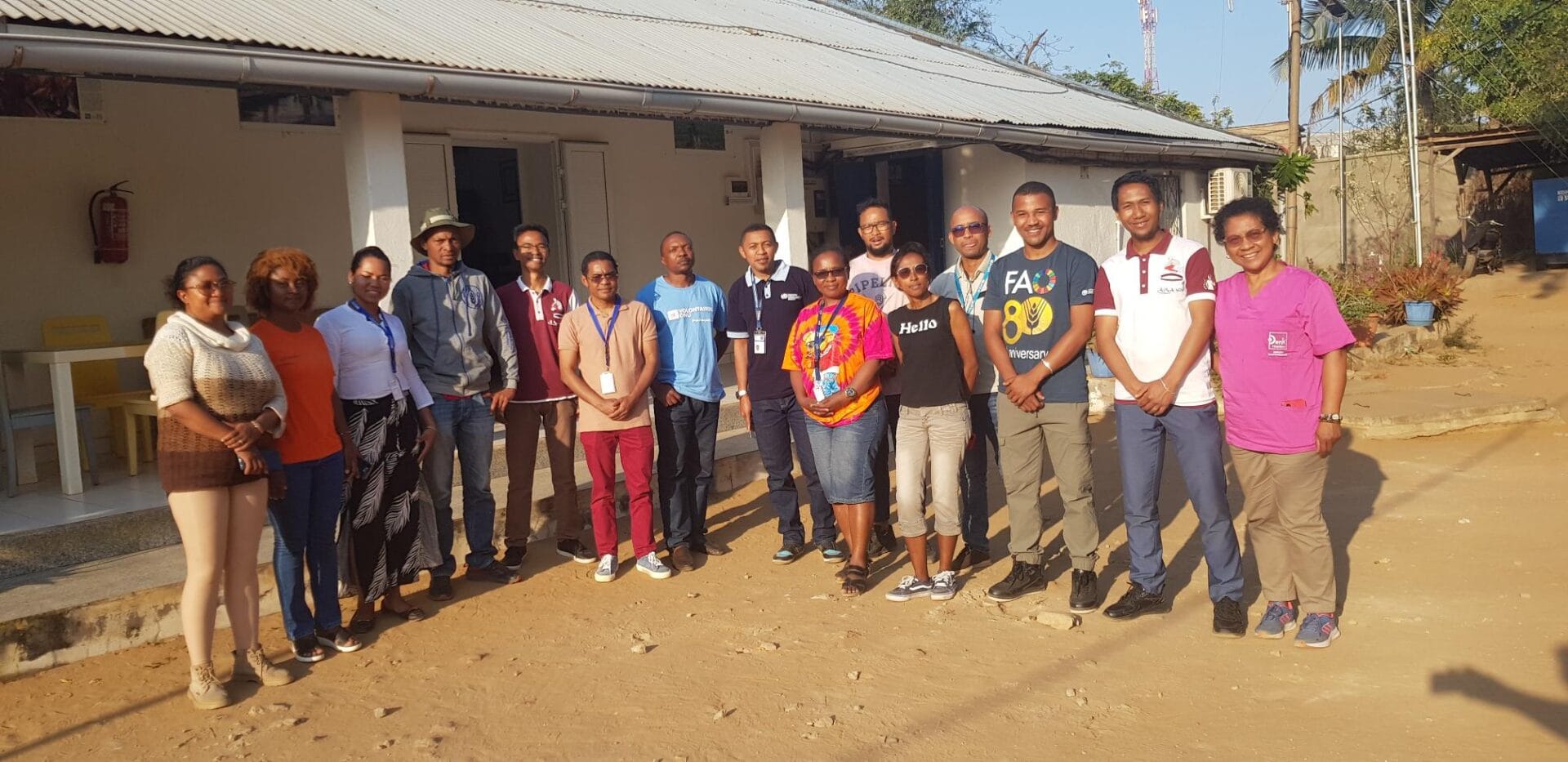
Stories like his remind us that first aid is not just about techniques, it’s also about courage, empathy, and communication. For us trainers, they are a call to adapt, to listen, to contextualize, and to prepare each learner not only for emergencies, but for the human realities that come with them.
Those who need it for their work
For other people, first aid is not just a skill — it’s a necessity, a condition for survival.
I remember the team of forestry agents from the rural commune of Matanga, about 50 kilometers from Vangaindrano. They lived deep in the forest, working on a reforestation project — planting, protecting seedlings, and monitoring wildlife. Once a week, they would make the long journey down to the village to deliver the young trees ready for replanting elsewhere.
For them, first aid wasn’t about compliance or certification. It was about being ready when help could be days away. Every question they asked during training was essential — simple, direct, and vital. Their curiosity and sense of responsibility were deeply moving.
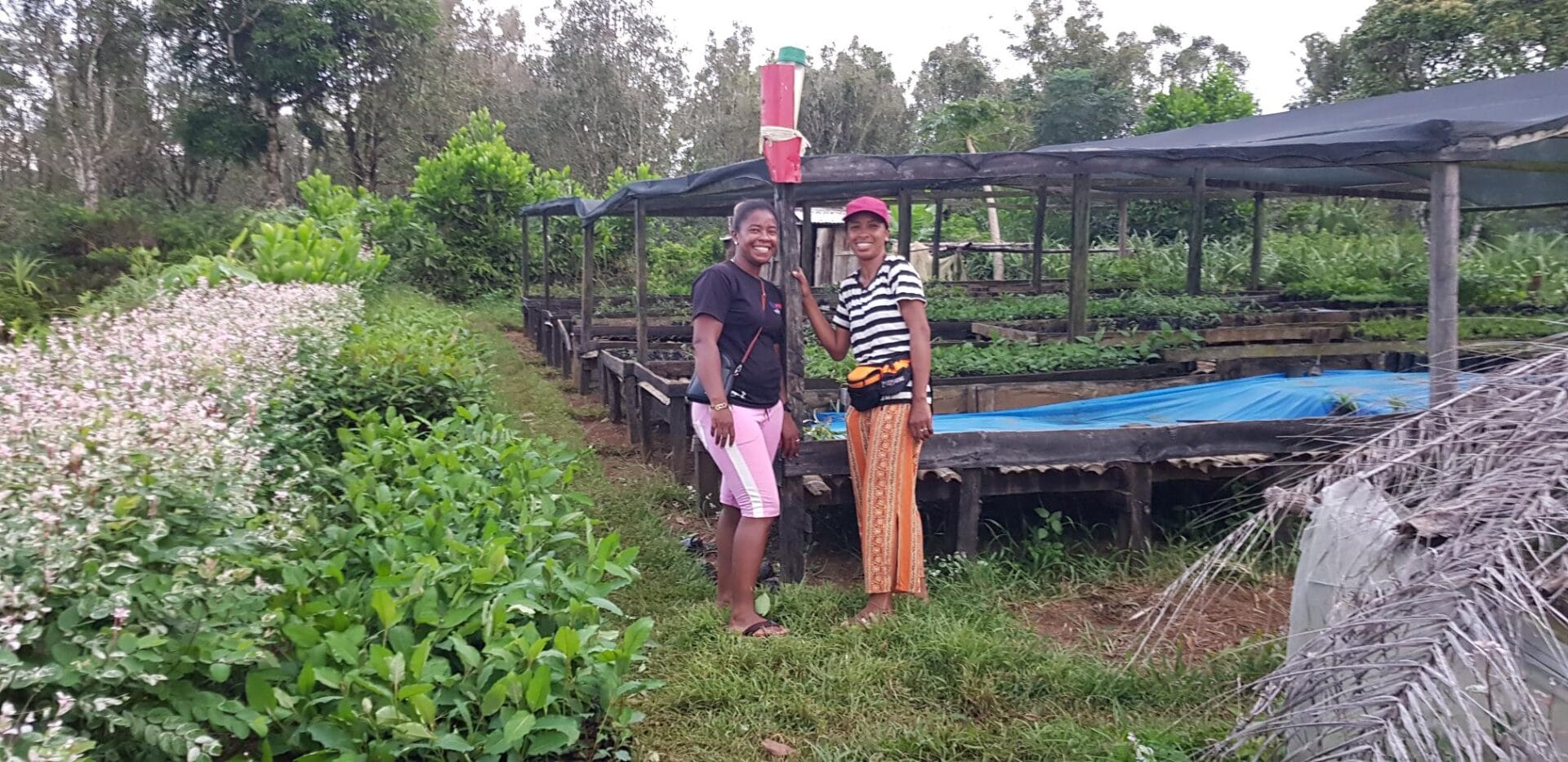
And then there were the young au pairs preparing to leave for Germany or France. They wanted to learn how to perform first aid on children, how to react in case of choking, burns, or unconsciousness. You could see in their eyes a mix of care and anticipation, as if they were already picturing themselves protecting a small, fragile life entrusted to them.
Their maturity, tenderness, and sense of duty never fail to inspire us.
In conclusion
Each story is unique. Each story is a victory.
This year, AiNA soa has trained more than a thousand people across Madagascar. Behind every number lies a face, a voice, an emotion — sometimes laughter, sometimes tears — and often, a life saved.
What we pass on is more than knowledge. It’s confidence, courage, and a deep sense of humanity. Every time a participant tells me, “I don’t see things the same way anymore,” I know that the message has reached its destination.
As we close this year, we don’t count our success in figures, but in awakened consciences, in the ripples of change that travel from one person to another, from one home to the next.
Our victories are measured not by how many we train, but by how many lives are touched — directly or indirectly — through those we’ve empowered.
So, as we look ahead to a new year, we carry with us the same mission, the same fire, and the same conviction: that every gesture taught, every life changed, and every mind awakened is a triumph.
This — truly — is what we mean by Empowering for Change.
Tsito, Doctor and First Aid Trainer at AiNA soa
